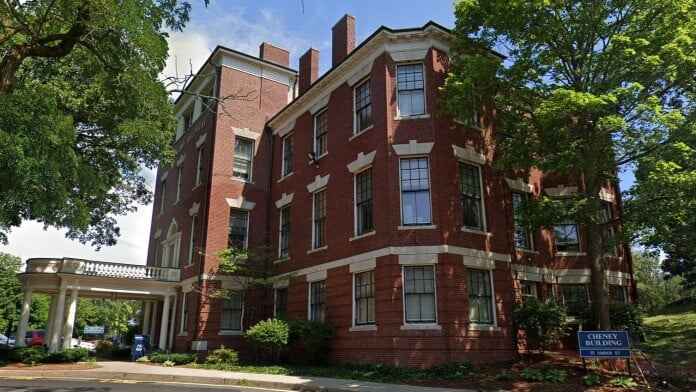About My Sister’s House at Dimock – Boston
My Sister’s House at Dimock, located in Boston, Massachusetts is a private alcohol and drug rehab that offers treatment for a variety of substance abuse addictions including alcoholism, co-occurring mental health disorders, and opiate addiction. They offer supervised medical treatment to safely manage withdrawal symptoms during detoxification, residential care providing long term support for addiction recovery, as well as flexible outpatient addiction therapy allowing patients to live at home while receiving regular treatment. Additional levels of care offered include relapse prevention, recovery housing, and 12-step therapy.
Specialty rehab programs at My Sister’s House at Dimock include tailored care focusing on women’s specific needs and experiences, treatment integrated with HIV/AIDS care, ensuring comprehensive health management, and treatment for new mothers, addressing postpartum challenges and childcare needs.
Patients at My Sister’s House at Dimock will find the residential setting creates an immersive environment promoting full engagement in recovery away from daily triggers. For recreation, patients can use the yoga studio to work on active mindfulness and improve flexibility and use the meditation room to promote mindfulness during recovery.
My Sister’s House at Dimock has received accreditations from The Joint Commission.
